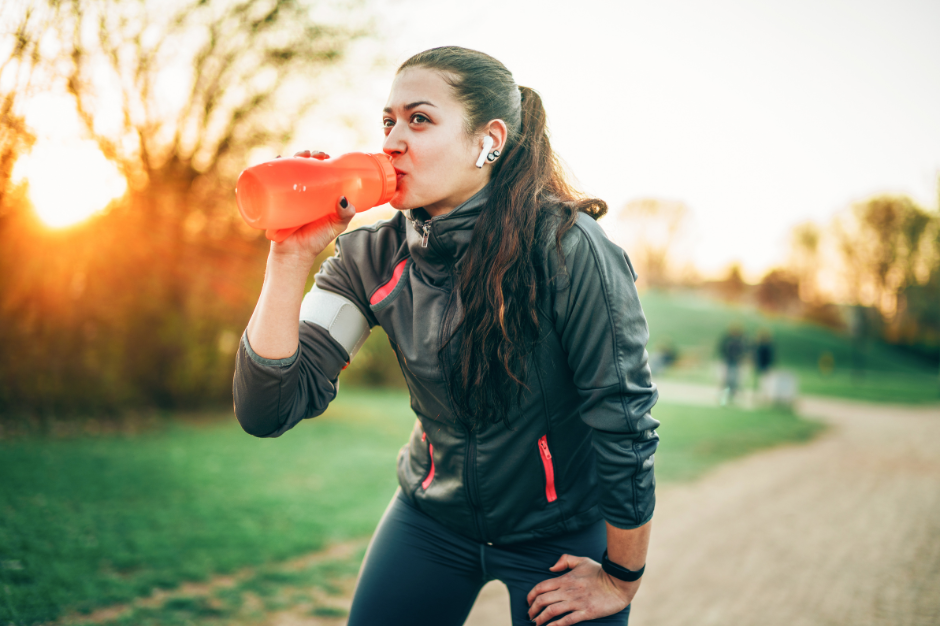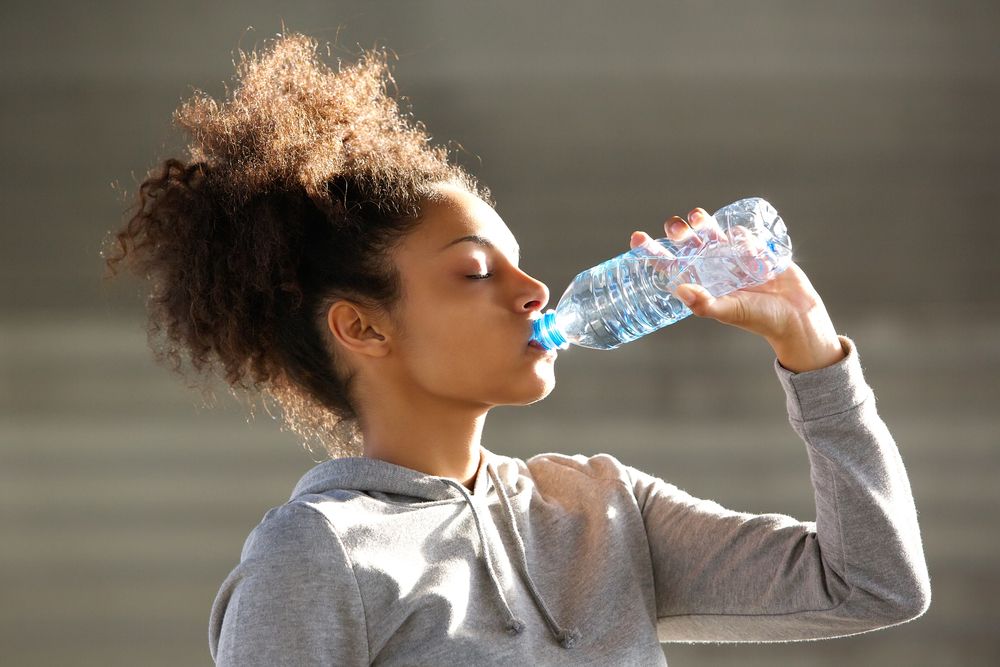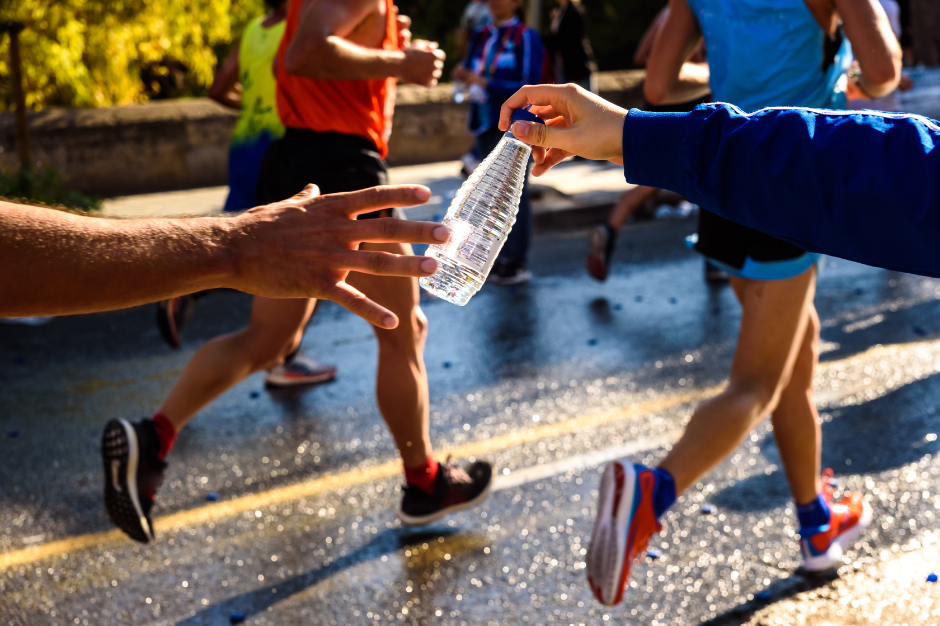The best hydration tips for athletic performance help athletes maintain energy, focus, and stamina during training or competition. Hydration affects muscle function, body temperature, and mental clarity. Even mild dehydration can slow reaction time and reduce endurance. Drinking the right amount of water, replenishing electrolytes, and timing fluid intake correctly can transform performance. Smart hydration strategies not only prevent fatigue but also speed up post-workout recovery. From pre-workout hydration to electrolyte replacement and hydration during endurance events, the right approach ensures your body operates at its peak. Let’s break down how to hydrate like a pro for maximum results.

Pre-Workout Hydration – Laying the Foundation
Starting exercise well-hydrated is one of the most effective hydration strategies for athletes. Drink 400–600 ml of water about 2 hours before activity to allow your body to absorb and distribute fluids. Adding a small amount of electrolyte powder or a pinch of salt can help retain water in the cells. Avoid excessive caffeine before training, as it can increase fluid loss. Pre-hydration also helps maintain optimal blood volume, allowing oxygen and nutrients to reach muscles more efficiently. Pairing water with a light snack containing sodium and potassium prepares your body for sustained performance. This step ensures you don’t start your workout already behind on fluids.
Hydration During Exercise – Staying in Balance
During workouts, replace fluids lost through sweat to prevent dips in endurance. Sip 150–250 ml of water every 15–20 minutes, adjusting based on heat and intensity. For sessions longer than 60 minutes, include sports drinks with electrolytes to replace sodium, potassium, and magnesium. These minerals keep nerve signals and muscle contractions steady. Overdrinking plain water without electrolytes can lead to hyponatremia, a dangerous drop in sodium. The goal is steady intake, not gulping large amounts at once. Monitoring sweat rate and body weight before and after training can help fine-tune your in-session hydration needs.

Post-Workout Hydration – Recovery Boost
Post-exercise hydration is critical for muscle repair and replenishment. Replace 150% of the fluids lost during activity over the next 2–4 hours. This means if you lose 1 liter of sweat, drink about 1.5 liters of fluid. Use electrolyte-rich drinks, coconut water, or water paired with a salty snack to restore balance. Rehydrating after training helps clear metabolic waste from muscles, reduces soreness, and restores energy. Adding protein to your recovery drink can further support repair. Cold fluids can cool the body faster after intense workouts in hot weather.
Choosing the Right Hydration Sources
Water is essential, but not all situations require the same fluid choice. For light training under an hour, water works well. For high-intensity or endurance events, sports drinks, coconut water, or homemade electrolyte mixes offer better replenishment. Avoid sugary sodas and artificially colored drinks, as they slow absorption and add empty calories. Herbal teas and diluted fruit juices can be part of a varied hydration plan. The key is matching the fluid to the workout demands.

Signs of Dehydration and Overhydration
Recognizing early dehydration signs—like dark urine, dizziness, dry mouth, and sluggishness—helps prevent performance drops. Overhydration symptoms include nausea, headache, and bloating. Athletes should aim for balanced hydration, not extremes. Monitoring thirst, body weight changes, and urine color provides simple self-checks.
Conclusion
The best hydration tips for athletic performance focus on timing, electrolyte balance, and tailored fluid choices. By hydrating before, during, and after training, athletes improve endurance, reduce fatigue, and recover faster—keeping their performance at its peak.
